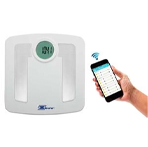Sleep issues differ from other health conditions because the signs happen while you sleep (or as the result of how you sleep). This makes it difficult to witness and understand the extent of your sleep disorder symptoms and to seek diagnosis. That’s where sleep specialists and other forms of support come in.
The journey to healthy sleep can be a long one, and you shouldn’t do it alone. It’s important to have sources of support throughout your journey.
Why is sleep health important?
Sleep health is a crucial pillar of an overall healthy lifestyle. It helps you fight off infection, maintain a healthy weight and avoid chronic diseases like heart disease and diabetes. It also helps maintain balanced moods and emotions, which reduces anxiety and depression.
Not only can lack of proper sleep affect your mental and physical health, it can affect your safety, too. Risk of workplace injuries, drowsy-driving crashes and other kinds of accidents can increase with consistent poor sleep.
Some important sleep factors to consider:
- Quality: Avoid common sleep disruptors like caffeine, tobacco and alcohol close to bedtime to improve how well you sleep.
- Quantity: At least 7 hours is commonly considered the standard, but some people need more in order to feel well-rested.
- Consistency: Keep to a regular routine with the same bedtime and wake-up time. Try to follow your natural circadian rhythms, which tend to follow natural light cycles.
If you adhere to these and still experience things like morning headaches, daytime drowsiness, impaired concentration and increased anxiety, you may have a sleep disorder.
Tools that help examine your sleep issues include:
- Online sleep tests that analyze your symptoms
- Sleep tracking apps like SleepScore app that offer insight into your sleep behaviors
If the signs of a disorder are there, a sleep doctor is the best option for diagnosis and sleep solutions.

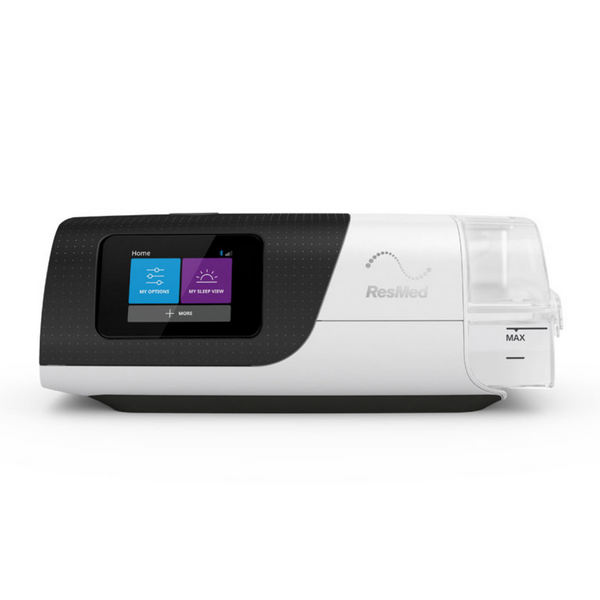
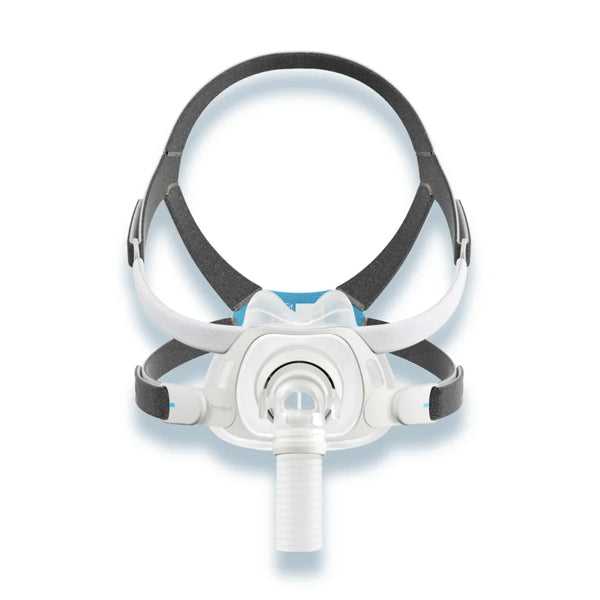







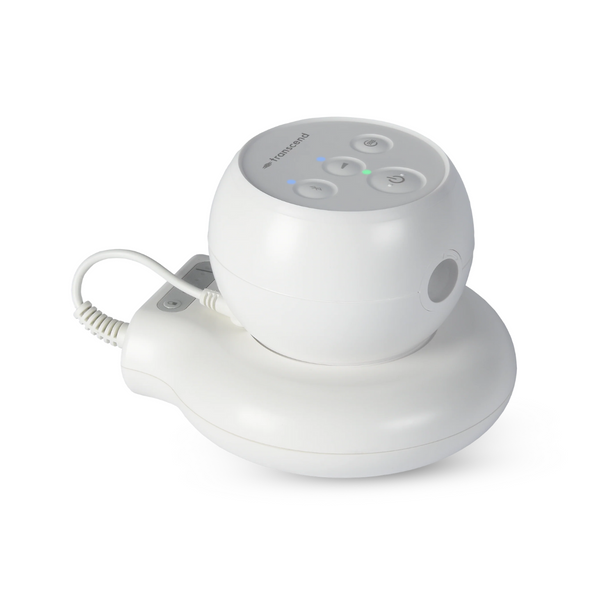

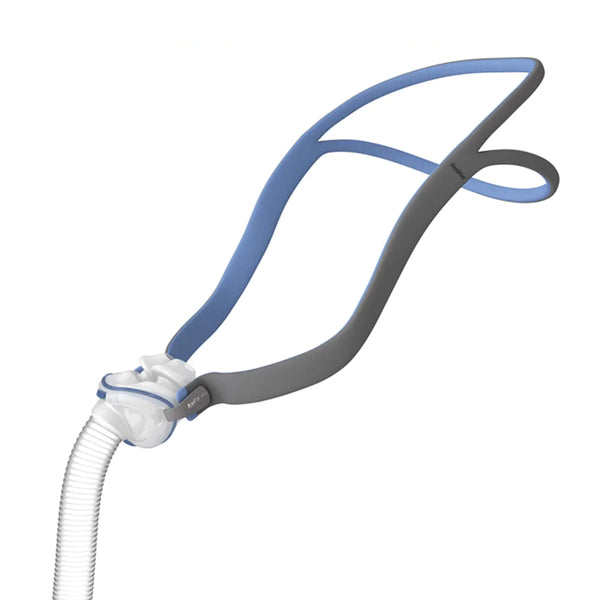
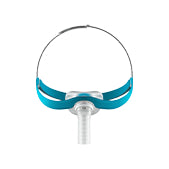
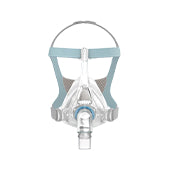




![[subscription]](http://heartstrongsleep.com/cdn/shop/files/Group_30_6a2ee5b7-7d1a-49f1-855d-428a7cb5358f.png?v=1733846466&width=600)








